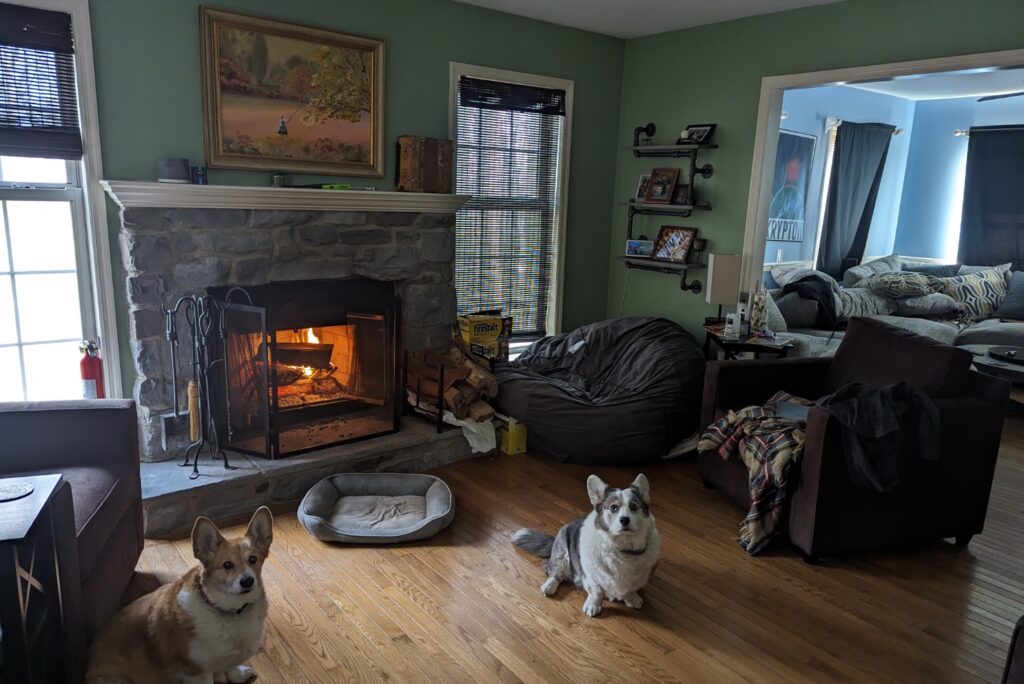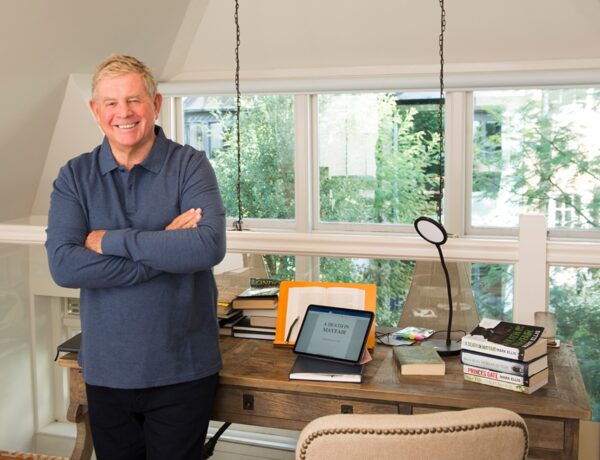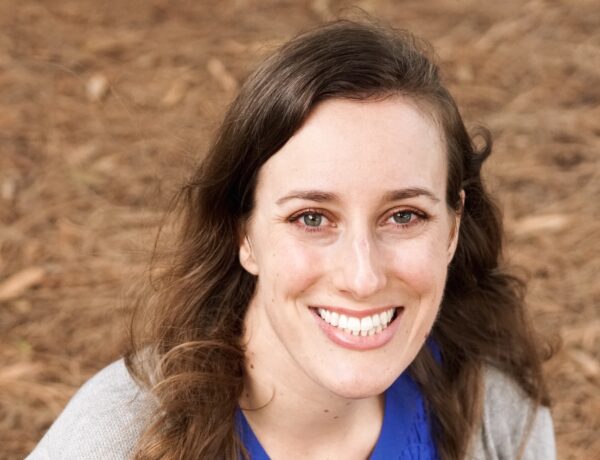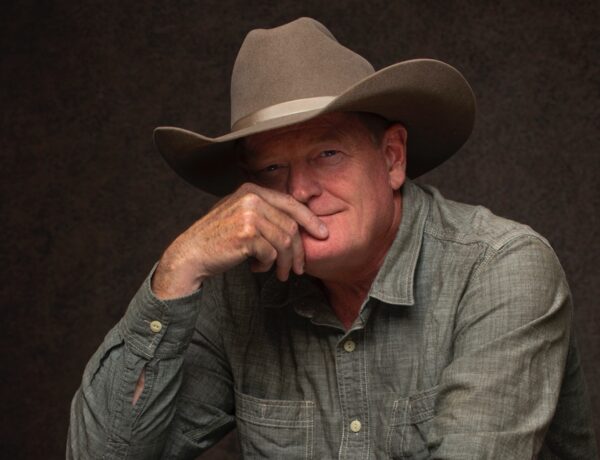A.C. Wise is the author of the novels Wendy, Darling, and Hooked, along with the recent short story collection, The Ghost Sequences.
Her work has won the Sunburst Award for Excellence in Canadian Literature of the Fantastic, and has been a finalist for the Nebula Awards, Stoker, World Fantasy, Locus, British Fantasy, Aurora, Lambda, and Ignyte Awards. In addition to her fiction, she contributes a review column to Apex Magazine.
Each week, we publish a new daily writing routine from a famous author. Subscribe to our newsletter so you don’t miss out!
Hi Alison! We’re delighted to have you as a guest on Famous Writing Routines. Your recent short story collection, The Ghost Sequences, received critical acclaim. Can you tell us about your inspiration for this book and what the writing process was like for you?
Since it’s a collection, there were a variety of inspirations. For instance, the story “How the Trick Is Done” was inspired by an episode of Preacher, where one of the characters who just so happens to be an immortal angel ends up in a Vegas stage show where he’s killed and resurrected over and over again. It got me thinking about magicians, illusions, and the potential for collision between magic-magic and stage-magic.
The original novelette in the collection, “The Nag Bride”, is heavily inspired by the wonderful Scary Stories to Tell in the Dark series of collected ghost stories, folklore, urban legends, and other unsettling tales edited by Alvin Schwartz and illustrated by Stephen Gammell.
When Michael Kelly at Undertow approached me about the possibility of working together on a collection, I started thinking about what stories I would want to include, and realized just how often I write about ghosts. From there it just seemed natural to theme the collection around ghosts and hauntings.
As a contributor to Apex Magazine, you write a review column. How do you balance writing your own fiction with reviewing others’ work?
One of the nice things about short fiction is that it is bite-sized, relatively speaking. It’s easy to grab a few minutes between other things to read a short story, and I actually find it helps me in my own writing. If I’m getting frustrated with a piece and need to step away for a while, reading a short story will often inspire me and leave me charged up and excited about the creative process and ready to dive back in.
What advice would you give to aspiring writers who are just starting out on their journey?
Don’t be afraid to experiment and find out what works best for you. There are no right or wrong ways to write, only what is right for you, and that may change from project to project. If you find yourself stuck, try changing up your routine to see if that unsticks you. Or if you don’t have a routine, try creating one for a little while and see if it helps.
At the end of the day, whatever keeps you writing and finishing projects is the “right” way to do things. I’d also say don’t beat yourself up if something isn’t working and don’t be afraid to give yourself permission to step away from a project, work on something else, or even take a break from writing altogether for a bit.
If it’s feeling like a slog and you’re not excited about the piece, chances are that will come through in the writing and it won’t be an exciting and engaging experience for readers either. Coming back to that piece with fresh eyes after working on something else might just be the thing you needed.
Discover the daily writing habits of authors like Stephen King, Neil Gaiman, and Gillian Flynn with Famous Writing Routines Vol. 1 and learn how to take your writing to the next level. Grab your copy today!
Can you tell us about your writing routine and how you approach the creative process? What does a typical writing day look like for you?
I don’t really have a regular routine or a typical writing day necessarily. I have a full-time day job in addition to writing, so a lot of my process is about flexibility and finding ways to grab time here and there to write – whether it’s at a cafe over my lunch break, or whether it’s a more concentrated block of time on the weekends at home.
Ideally, I do like to be able to sink into whatever I’m working on, so my preference is to have a block of time, but that isn’t always possible, so I take what I can get! I’ve also learned to embrace the art of leaving myself notes.
If inspiration happens to strike while I’m in the midst of my workday, or somewhere else where I can’t sit down and write, I at least take a moment to jot down a thought or a line in the Notebook app on my phone. That way I can be working on writing even while doing other things, letting the creative brain kind of mull things over in the background while the other parts of my brain are focused on the actual task at hand.
If you could have a conversation with an author throughout history about their writing routine and creative process, who would that person be?
Oh geez. That’s a really good question! I’m always curious about authors’ processes in general, so it’s hard to pick just one. Thinking about it now, I’d be interested in how authors of multi-volume, epic series approach their work, keep their worlds straight and tell overarching stories, while still making each book feel satisfying on its own. That might be a cool convention panel or round-table interview series actually, getting a bunch of authors who write multi-volume epics and compare and contrast their methods.
I think I got a bit off topic there. Okay, to give a more concrete answer, I’d pick Ray Bradbury. I’d consider his work incredibly influential in my own writing journey starting out, and it would be amazing to hear him talk about his process. I know he discussed it in interviews, but to have a conversation would be amazing.
I’d love to know about the books you’re reading at the moment. What have been some of your favourite reads?
There were so many books I read and loved last year, but I’m going to cheat slightly and shout out an upcoming title that I was lucky enough to get a sneak peek at for blurbing purposes. Wild Spaces by S.L. Coney is a novella that will be coming out from Tor.com in August. It’s gorgeously-written, and actually had a Ray Bradbury vibe about it, so it’s right up my alley. It brings together myth, horror, complicated family relationships, and a coming of age story, and I really hope people will check it out.
What does your current writing workspace look like?
I’m incredibly spoiled in my current house in that there are multiple spaces that are perfect for writing. I have an office where I do most of my writing. It’s got a big, squishy comfy chair and I’m surrounded by bookshelves and my towering TBR pile.
But during the winter months, I tend to do most of my writing parked in front of the fireplace, which is where I am right now. It’s less private, so if I need complete quiet, or fewer distractions, I will retreat to my office, but for the most part this spot is perfect. I have a chair angled so I can stare pensively into the flames and pretend I’m thinking deep thoughts.
I generally have at least one dog in the room with me snoozing and staying cozy. There are lots of windows, so I can enjoy the outside view as well. There’s a painting done by my grandmother hanging over the fire, and there are shelves filled with photographs and random knick knacks and it’s just generally a nice space to be in. Plus the kitchen is right there if I need coffee or chocolate for writing fuel!

Affiliate disclaimer: Some links on this website are affiliate links. We may earn a small commission if you make a purchase through these links, but only promote products we truly believe in. We disclose affiliate links and give honest reviews.



No Comments